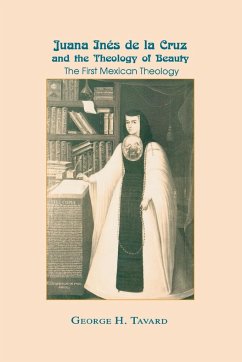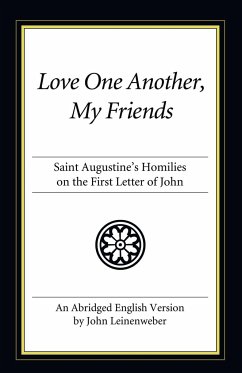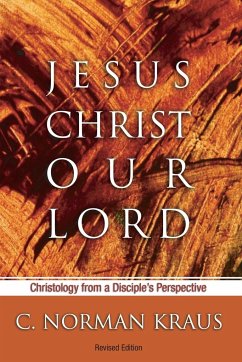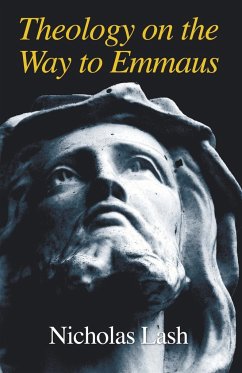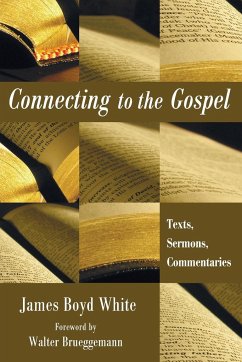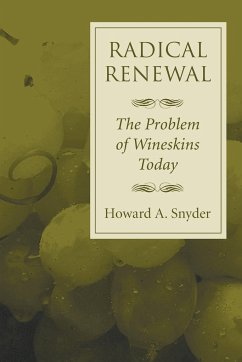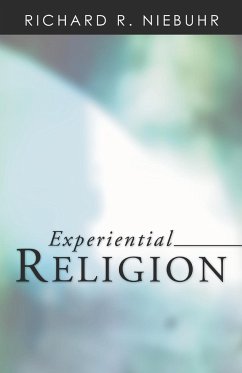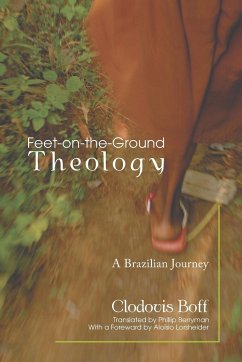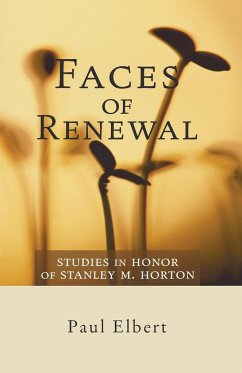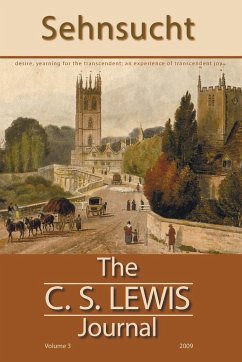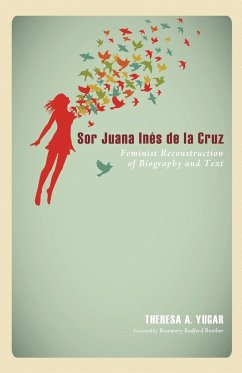
Sor Juana Inés de la Cruz

PAYBACK Punkte
9 °P sammeln!
In Sor Juana Ines de la Cruz: Feminist Reconstruction of Biography and Text, Yugar invites you to accompany Sor Juana Ines de la Cruz, a seventeenth-century protofeminist and ecofeminist, on her lifelong journey within three communities of women in the Americas. Sor Juana's goal was to reconcile inequalities between men and women in central Mexico and between the Spaniards and the indigenous Nahua population of New Spain. Yugar reconstructs a her-story narrative through analysis of two primary texts Sor Juana wrote en sus propias palabras (in her own words), El Sueno (The Dream) and La Respues...
In Sor Juana Ines de la Cruz: Feminist Reconstruction of Biography and Text, Yugar invites you to accompany Sor Juana Ines de la Cruz, a seventeenth-century protofeminist and ecofeminist, on her lifelong journey within three communities of women in the Americas. Sor Juana's goal was to reconcile inequalities between men and women in central Mexico and between the Spaniards and the indigenous Nahua population of New Spain. Yugar reconstructs a her-story narrative through analysis of two primary texts Sor Juana wrote en sus propias palabras (in her own words), El Sueno (The Dream) and La Respuesta (The Answer). Yugar creates a historically-based narrative in which Sor Juana's sueno of a more just world becomes a living nightmare haunted by misogyny in the form of the church, the Spanish Tribunal, Jesuits, and more--all seeking her destruction. In the process, Sor Juana "hoists [them] with their own petard." In seventeenth-century colonial Mexico, just as her Latina sisters in the Americas are doing today, Sor Juana used her pluma (pen) to create counternarratives in which the wisdom of women and the Nahua inform her sueno of a more just world for all.




